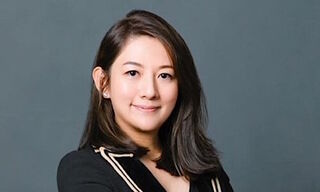Global financial services research firm Cerulli sees having a quasi-onshore presence as the optimal approach to doing business in China's asset management space, as it enables foreign asset managers to gain the much-needed credibility required for both investing as well as securing assets in the Mainland.
A wholly foreign-owned enterprise (WFOE) seems to be most fitting vehicle in relation to such criteria. It allows for full ownership by foreign asset managers without the need to seek a joint-venture structure with a local partner.
This is one of the key findings of a research initiative by Cerulli Associates, Asset Management in China 2015. This research initiative on China is divided into three parts: Two strategic overview reports that were released in the first half of 2015 and the annual report which has just been released. This key finding was presented in the annual report.
The WFOE space in China remains an area that has baffled market participants regarding permissible business scope. The most obvious reason is a lack of clear direction on what WFOEs can do, given that they come under the purview of the Ministry of Commerce and not the China Securities Regulatory Commission (CSRC).
"The most obvious way of interpreting this is that structuring of products directly by the WFOE is not allowed within the Mainland, except under certain circumstances such as when QDLP (Qualified Domestic Limited Partnership) or QDIE (Qualified Domestic Investment Enterprise) quotas are used, in which case the WFOE will act as a private fund manager for offshore investments," says Evonne Gan, an analyst with Cerulli who co-led the China research initiative.
From Cerulli's viewpoint, it seems that the most important element of the WFOE business revolves around the partnership model-local partners, in particular.
"Thus, an important role of WFOEs also centers on conferring goodwill to partners, such as offering value--added service in areas such as education or advising them on plans relating to overseas expansion, if needed," notes Yoon Ng, Cerulli's Asia research director.




















